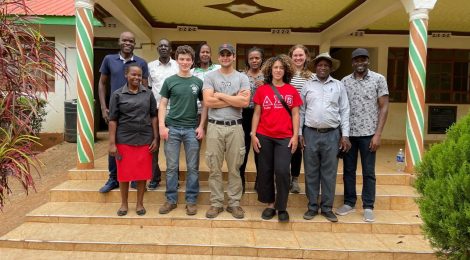
Saints Spotlight with Jonathan Miller
In the summer of 2024, Thomas More student, Jonathan Miller traveled to Kenya for an internship, exploring the field of genomics in connection to the crop, sorghum. In this Saints Spotlight, host Kendra Yurt ’24/’26, communications and media graduate assistant, talks to Jonathan about his experience as a biology major, and how he enriched himself by experiencing a new culture while expanding his passion for learning.
Could you tell us about how you became a student at Thomas More, and what is your field of study?
JM: I grew up locally, and I was looking to go to college locally. When I was deciding to go to college, I was looking for somewhere with a good biology program, because that’s my field study. I looked at the Field Station Thomas More has and all the resources we have access to, and decided to go here.
Tell us about your internship you experienced in the summer of 2024. How did you find out about it and what were some of the duties that you had?
This summer, I did an agricultural research internship in Kenya in Africa. I found out about it through a website that the National Science Foundation runs that lists off a whole bunch of research experiences for graduates. I applied for it, and I heard back 10 days before I had to fly out. That resulted in a lot of scrambling to get to Detroit to get a passport. While I was there (Kenya), I did all sorts of things. My primary job was doing genetic research on a crop named sorghum, which is really big in that part of the world because it’s very tolerant to droughts. I was doing research on that to possibly improve it and make it more capable of growing in higher altitudes.
So you mentioned genomics. What is that and what is the difference between that and ecology?
Genomics is the study of an organisms genome. What I was doing in particular, was using statistical software to look for specific parts of the genome that code for cold tolerance to essentially make the plant more capable of growing in colder regions. That’s different from ecology, because ecology is the study of ecosystems, just completely different fields in their entirety.
So you mentioned that you studied the plant sorghum. Can you tell us more about that?
Sorghum is the fifth most important cereal crop in the world. It’s eaten as a staple crop every day by over half a billion people. What makes it useful is that it doesn’t have as high yield as corn or other crops, but it’s super, super drought tolerant and heat tolerant because it was domesticated in the Egyptian area, not exactly known for being cold. So it’s really good at surviving in certain climates that things like corn or rice can’t. It’s used for all sorts of things–I mentioned staple crop. People eat it directly in enormous amounts, but people also use it for brewing, for biofuel, for livestock feed, for all sorts of things.
What were your top three takeaways from your internship?
If you get the chance, travel. It was really amazing to go and interact with people there, to see the kind of things that they do. The people were great. Second thing would be, if you get an opportunity, take it, even if it doesn’t look like what you really want to do. My focus is ecology, the study of ecosystems, so genomics is not really my field at all, but I got the opportunity, so I just took it. And a third takeaway is that people from different places are different in a lot of ways, but are the same in a lot of ways. I really love the people in Kenya. They’re super generous, super friendly, and they were familiar in that way, but also the way they talk, the way they think, they don’t have sarcasm near to the extent that we do here– they’re much less cynical people.
What would you have done differently?
I would have taken more advantage of being in a different country, gone out and done more things. I was so busy and focused on doing my job that I didn’t move around independently as much as I might have liked.
How did the experience fit into your long term plans?
It really didn’t, to be entirely frank. My long term plans are still ecology at this point. While I could, maybe down the road, find some way to integrate what I learned about genomics with what I could potentially do in ecology; more likely than not, I’m probably not going to be leapfrogging off the back of this internship anytime soon.
What advice would you like to share with new and current students?
What I said before about takeaways: if you ever get an opportunity, even if it looks bad and there is something about it you don’t like, for example it was on such short notice and it wasn’t really in the field that I was going for, take it. Anything that you do you can use in some way. This was an unbelievable experience that really grew me as a person in a lot of ways, even if it wasn’t, on its face, what I wanted to do.

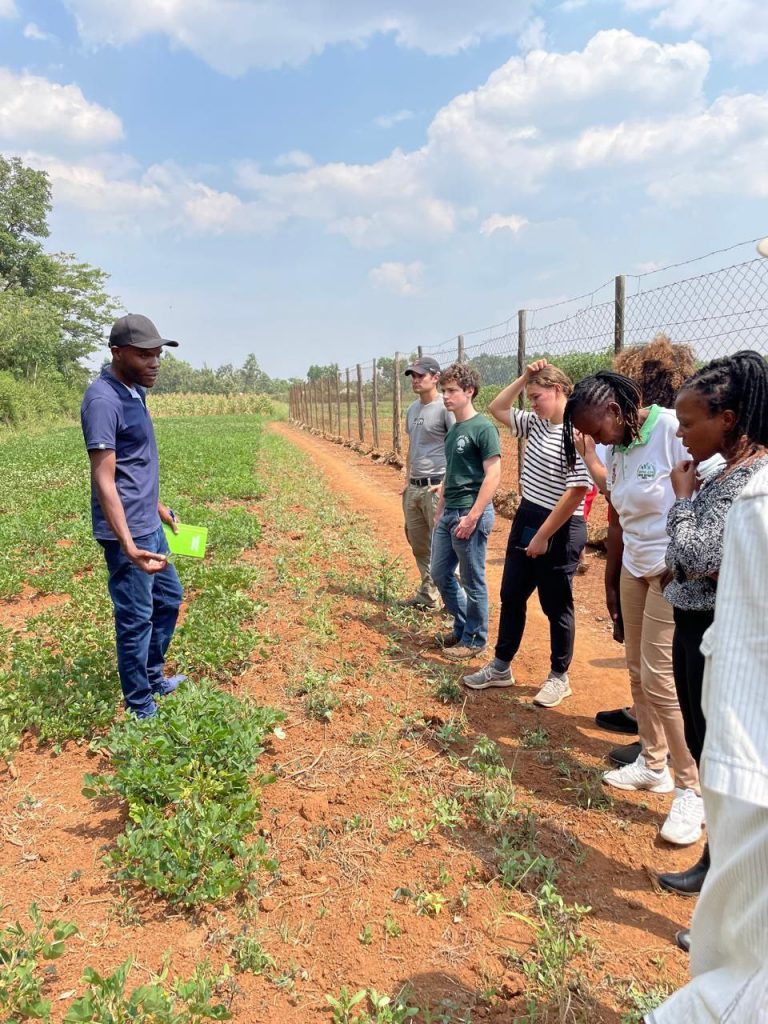
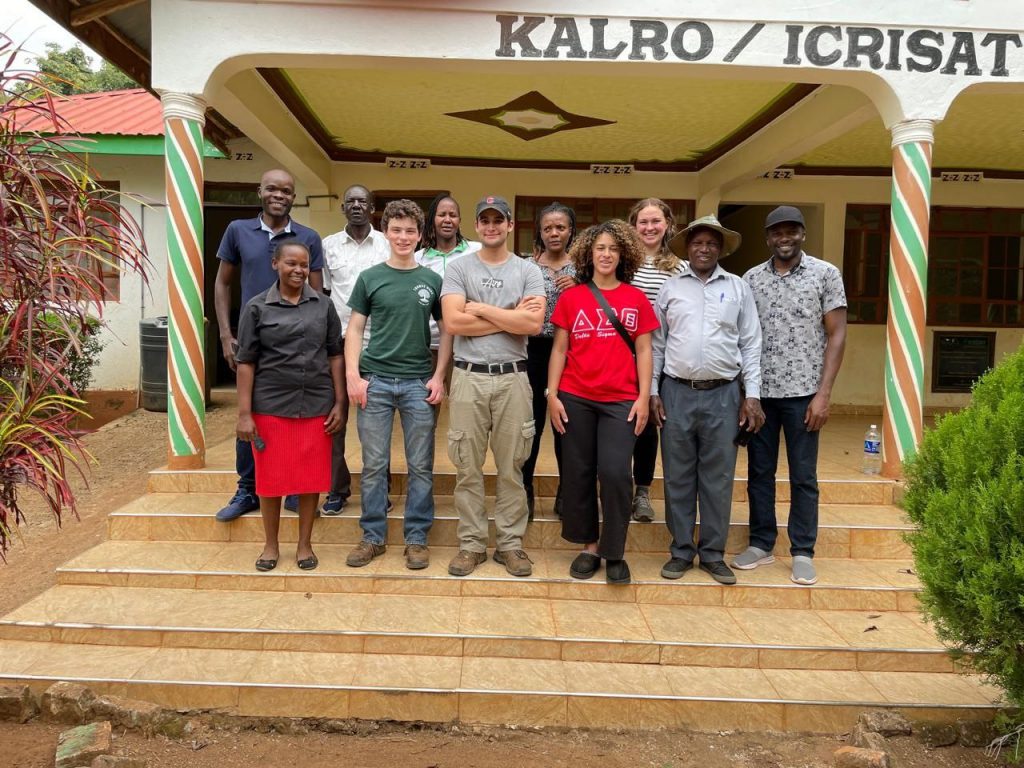
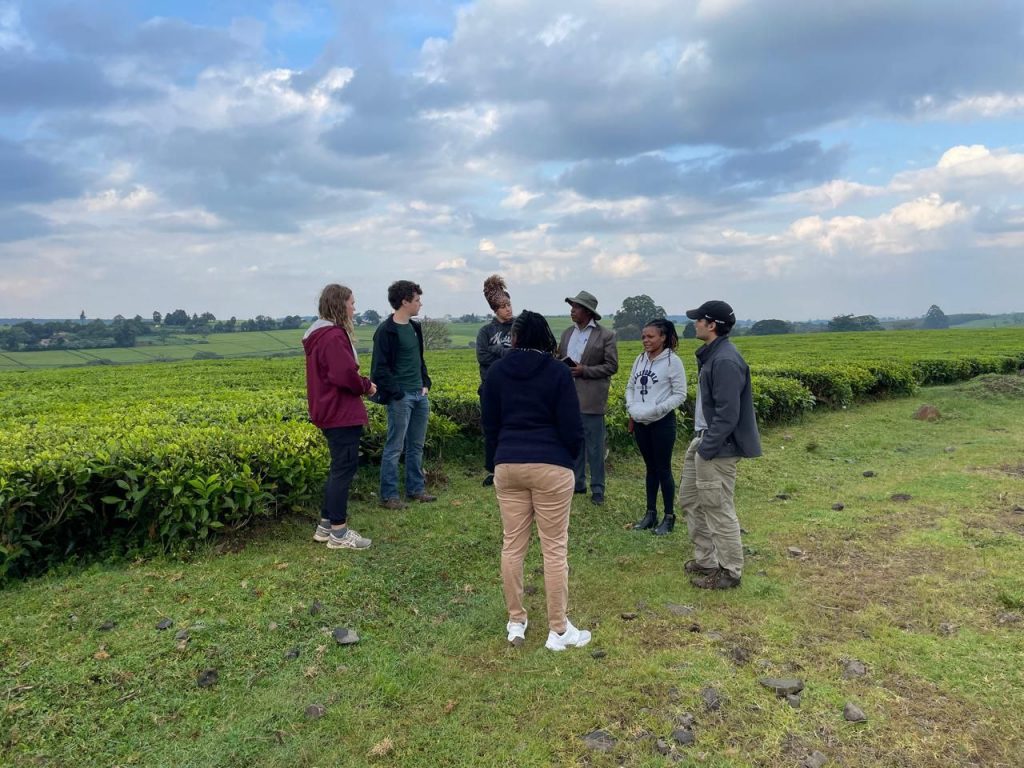
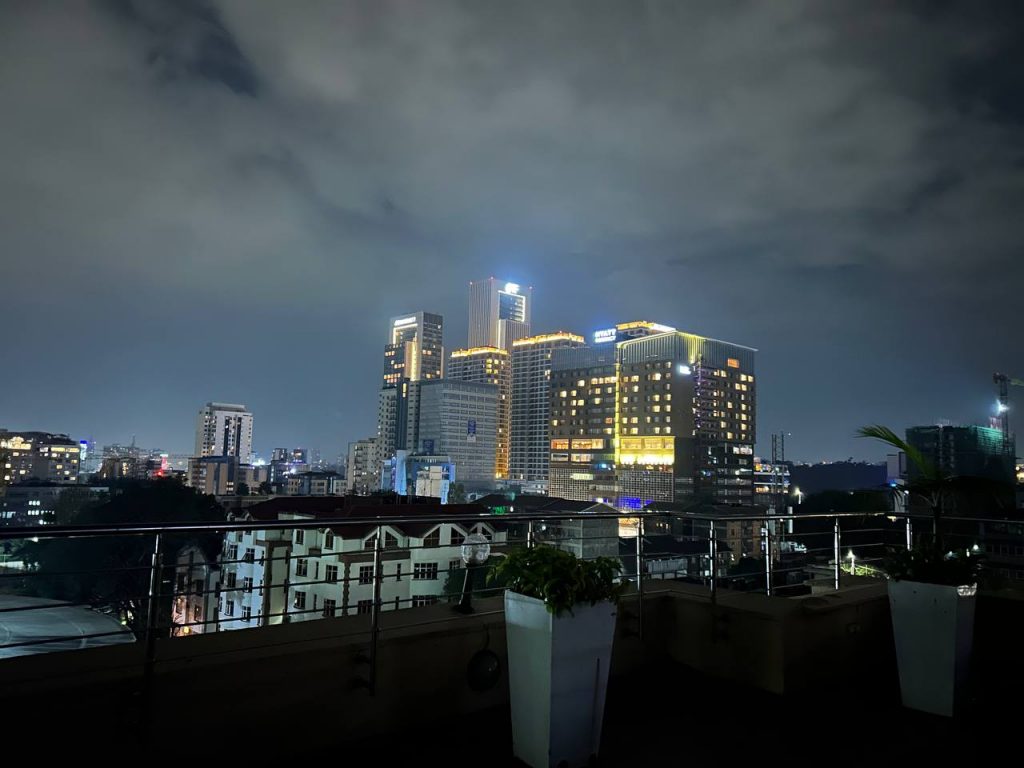
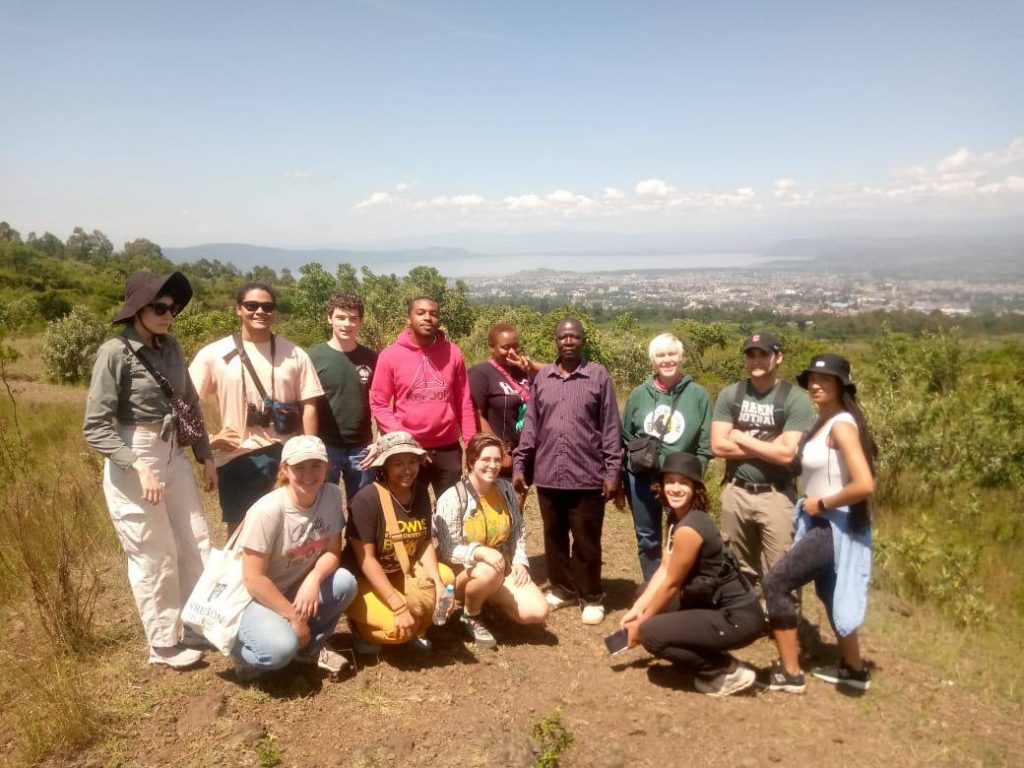
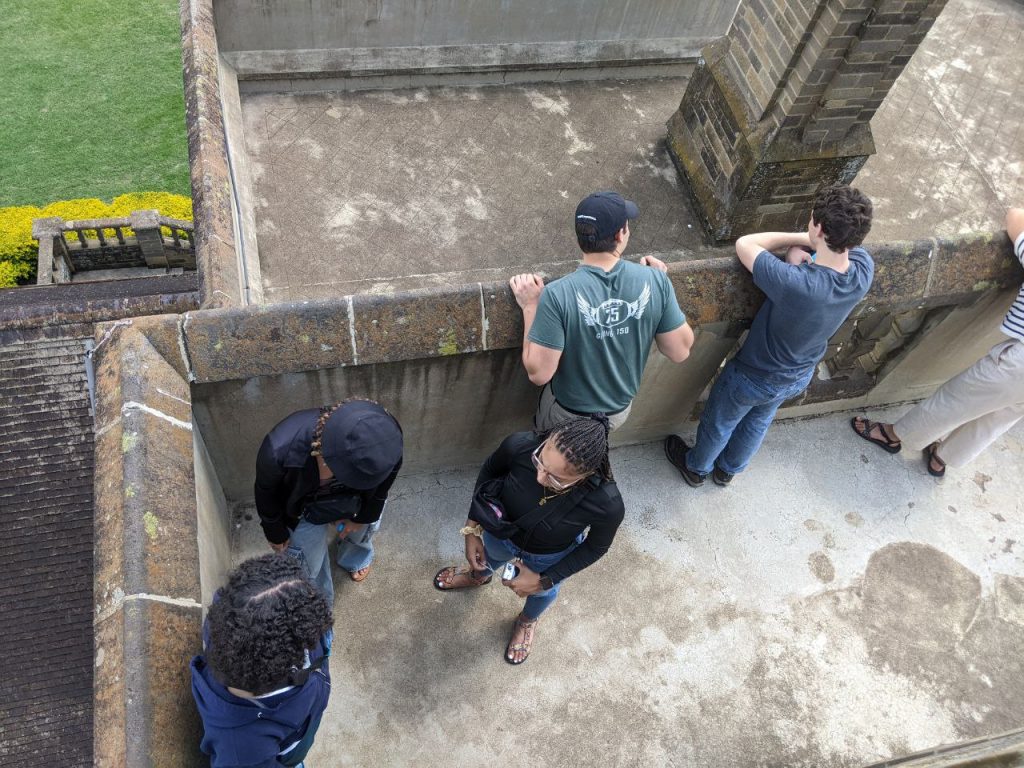
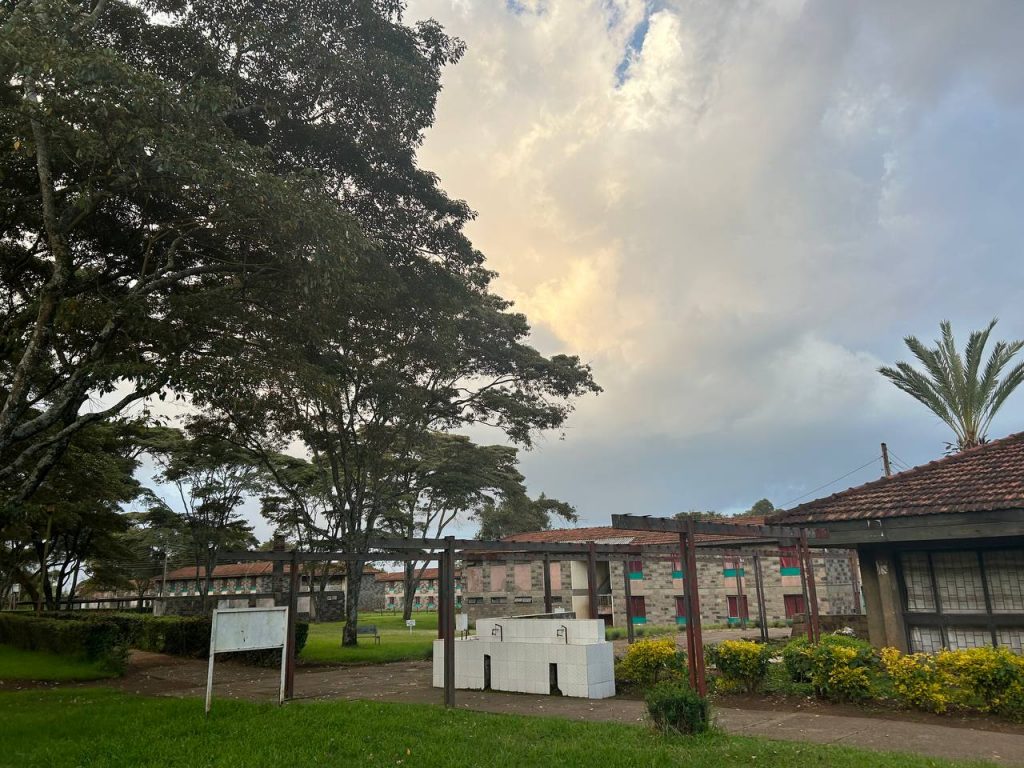
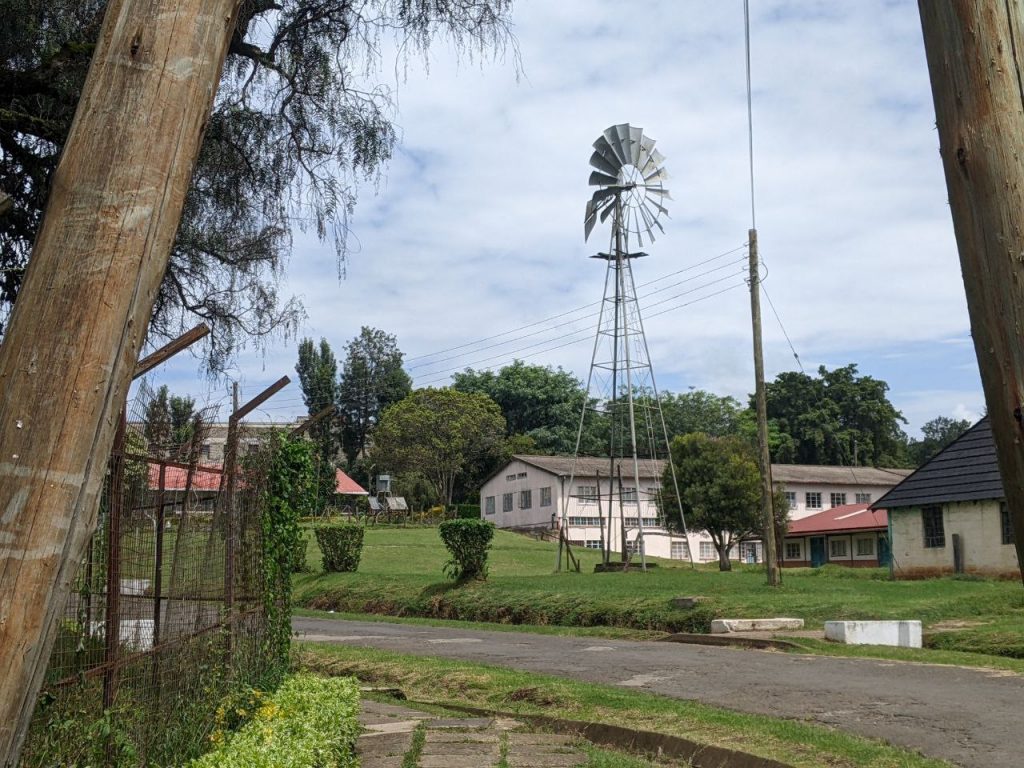
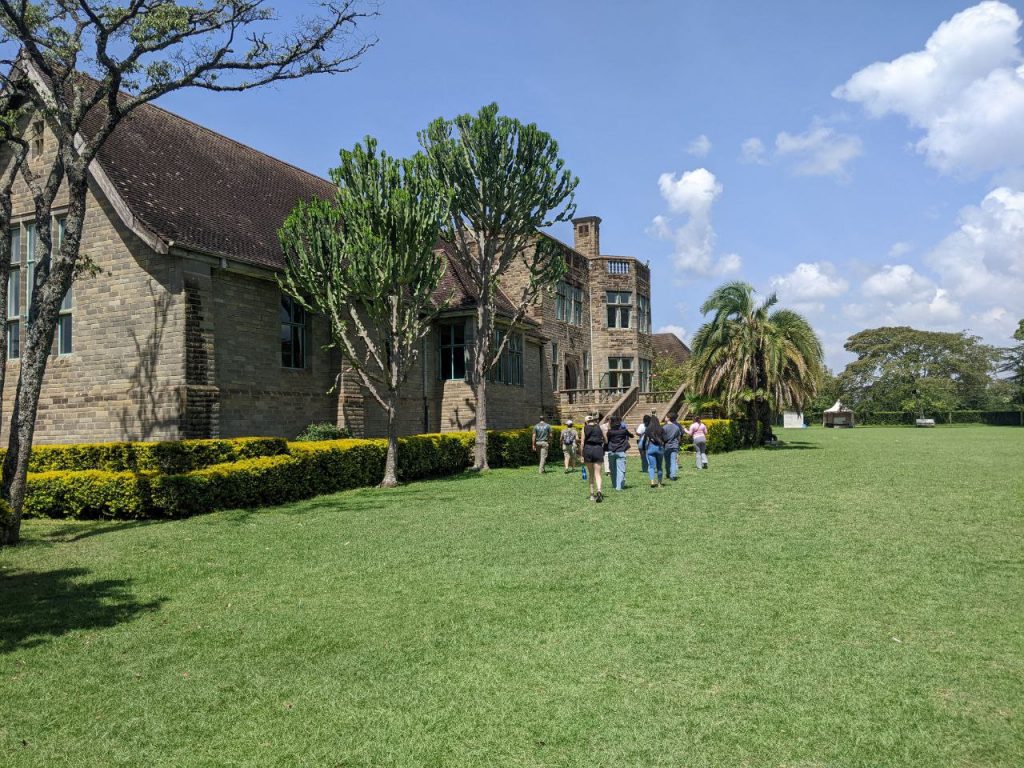
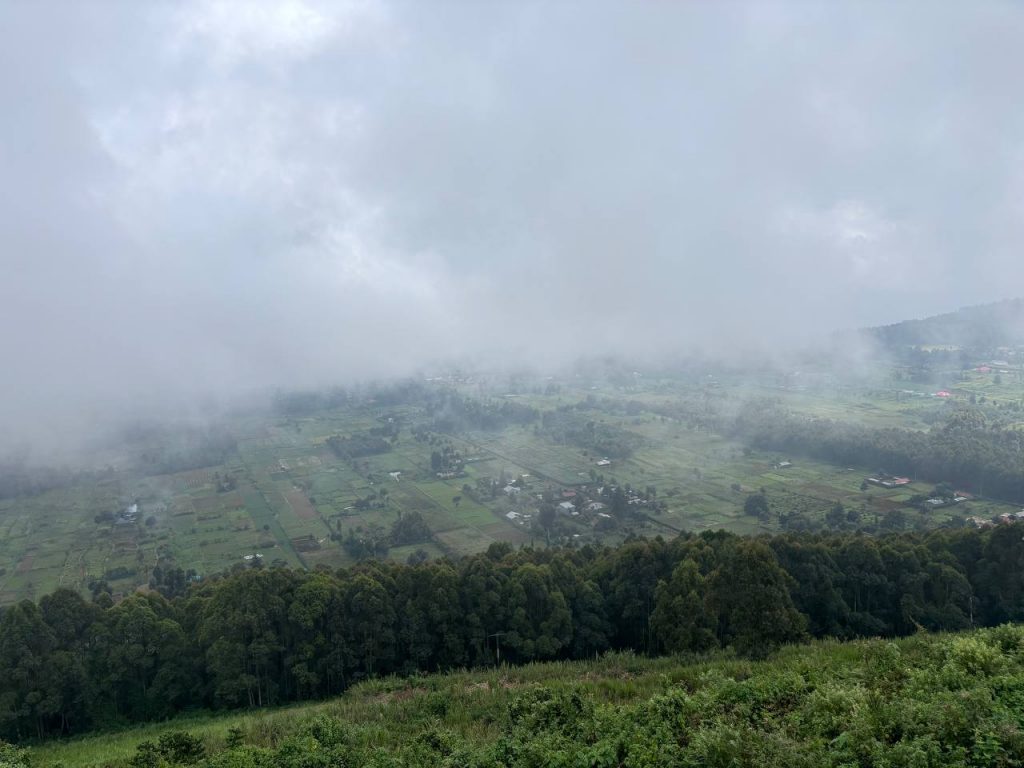
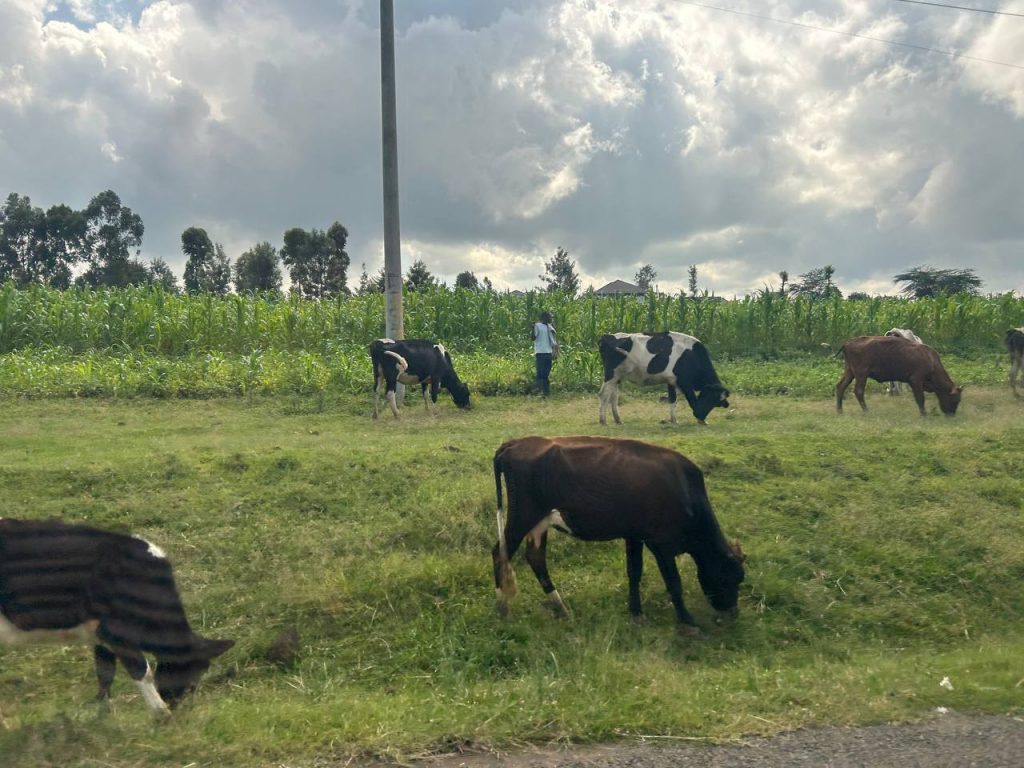
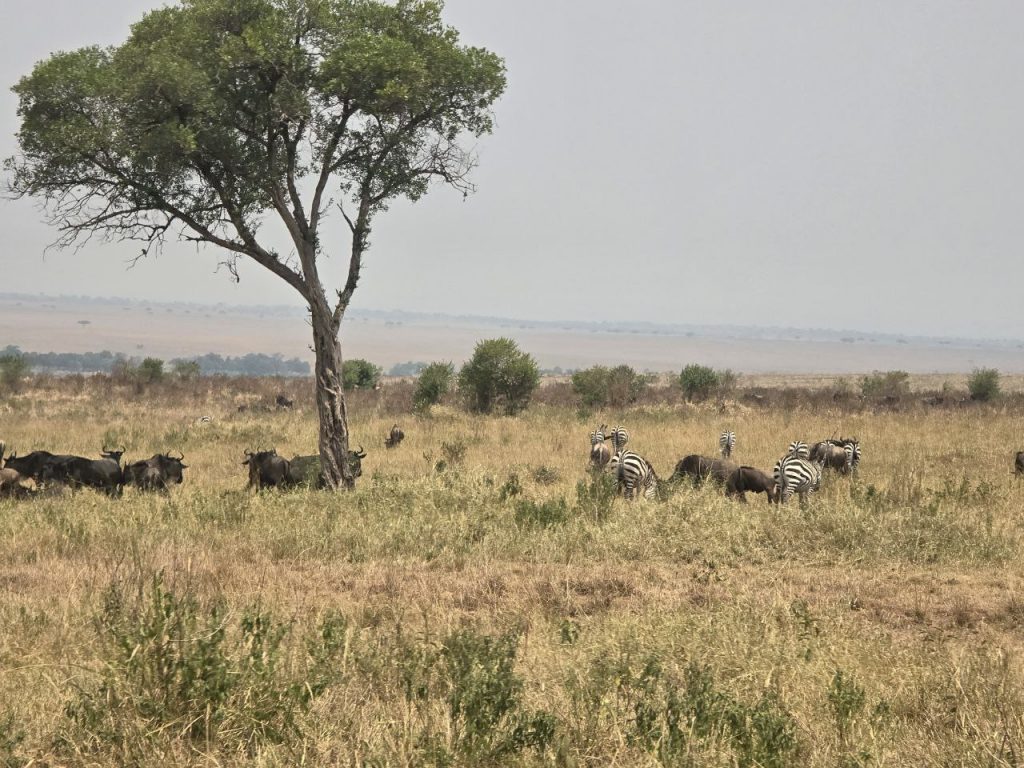
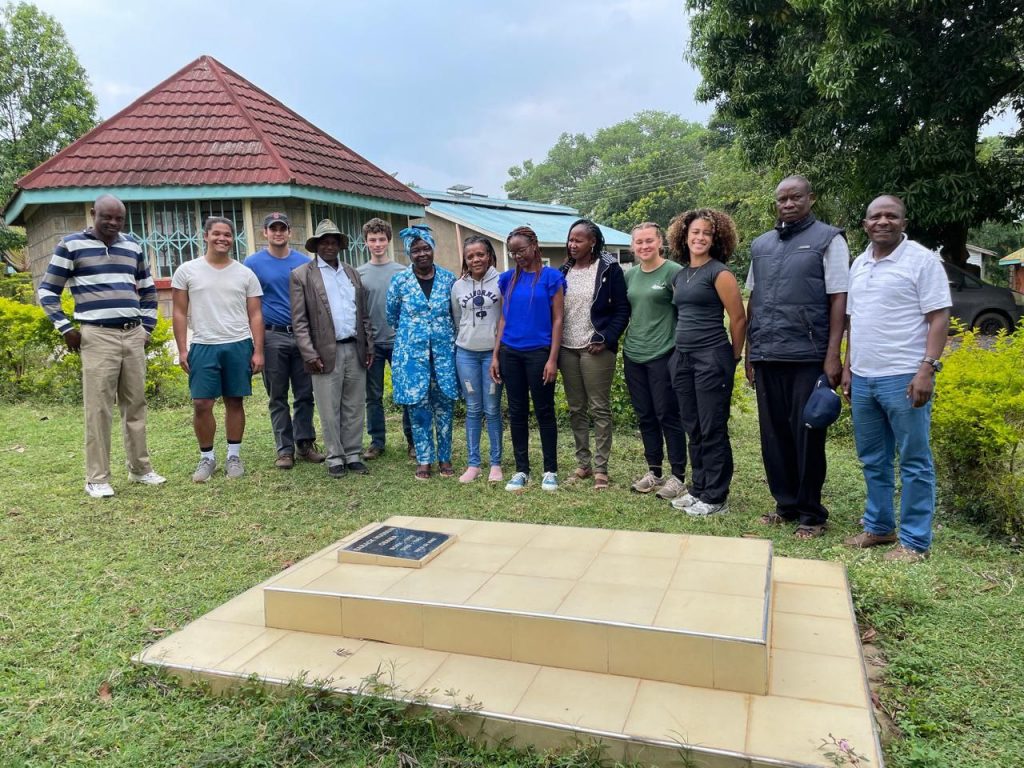
Comments are closed, but trackbacks and pingbacks are open.